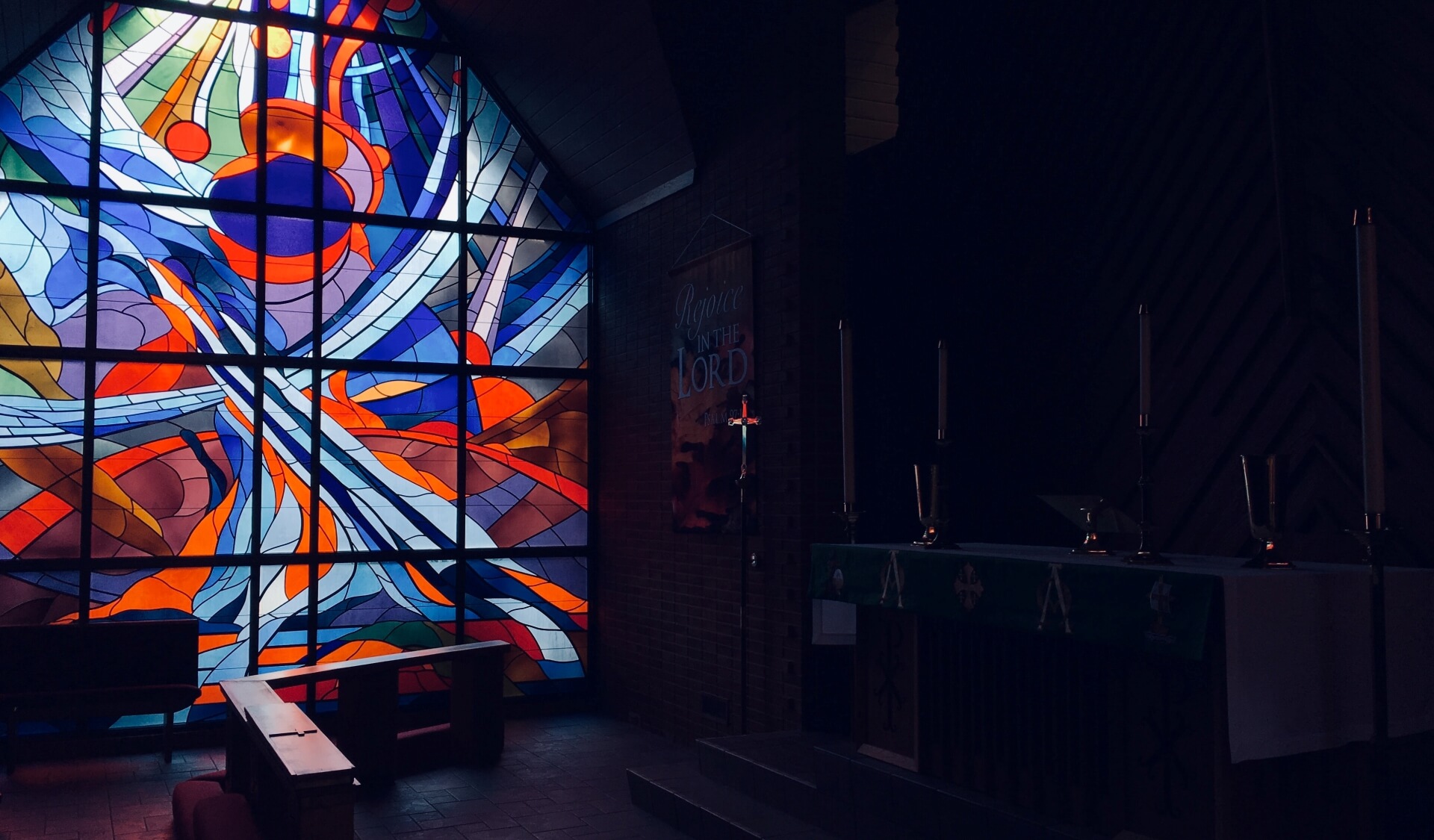When we read the New Testament we can learn quite a bit about the first-century church. One thing we learn is that churches were located in a number of different cities. For example, there were gatherings of believers in Jerusalem (Acts 8:1), Corinth (1 Cor 1:2), Thessalonica (1 Thess 1:1; 2 Thess 1:1), and Antioch (Acts 13:1). But this is not an exhaustive list, there were churches in other places as well. We also learn the names of some who served in leadership in these churches, people like Paul, Titus, Timothy, and Priscilla and Aquila. In addition, we find the church referred to as: “the church of God” (Acts 20:28 NIV), “the church of the living God, the pillar and foundation of the truth” (1 Tim 3:15 NIV), and “the church of the firstborn” (Heb 12:23 NIV). Interestingly enough, all of these designations connect the church to God.
However, in the New Testament we never find the church referred to with words like these: Anglican, Baptist, Catholic, Congregational, Methodist, Pentecostal, or Presbyterian. The reason we do not find these words in Scripture is because denominations were a later development. Denominations such as we know them today did not exist at that time. These church labels signal the differences that exist among the people of God. They let us know, in one way or another, that a particular church is different from other churches. Each denominational group has its own particular emphases or distinctive doctrines. That being said, all Christian churches should agree on the major doctrines. They should accept the biblical views of God, Scripture, and sin and salvation. Now, before I go any further let me say clearly that I am not against denominations. They show us that there is diversity in the body of Christ.
Denominations let us know, in one way or another, that a particular church is different from other churches. Each denominational group has its own particular emphases or distinctive doctrines. That being said, all Christian churches should agree on the major doctrines.
The first-century churches also had diversity. There were men, women, and children in them, males and females of different ages (1 Tim 5:1–2; Col 3:18–20). Some churches had Jews and Gentiles in the same congregation (Acts 17:4; see the book of Romans). There were also people from different levels of society, there were masters (Eph 6:9; Col 4:1) and slaves (Eph 6:5; Col. 3:22). And there was other diversity as well (1 Cor 1:26). These people did not always agree with each other, even though they were Christians. At times they had personal conflicts with each other, just like we do. They also, at times, had different understandings of things that related to doctrine and practice. The apostle Paul demonstrates this in Romans 14. In that chapter we learn that Christians had differences of opinion about foods and the day of worship. In spite of these differences the believers had to “get along,” they had to function as a congregation.
Wherever you have a gathering of believers, biblically speaking, you have a church. There were churches in many places in the first-century world, there is no denying that. The same is true today. There may be multiple churches in the city where you live, and there are certainly churches in many countries in the world. There are many local congregations. But it is also clear from the New Testament that there is a oneness about the church. This truth is brought out in a number of scriptures.
The blueprint for every church is the Bible, that being the case we have all been given the same instructions and should all be applying ourselves to obeying them.
The apostle Paul is one of the proponents of this truth. On a number of occasions he used the word “one” when referring to the church; he described the church as being “one body” (Rom 12:4–5; 1 Cor 12:13; Eph 4:4 NIV). Even when the word “one” is not used the truth that the church is one emerges. One very powerful text in this regard is found in Ephesians 5. Multiple times in Ephesians 5:22–32 Paul speaks about Christ’s relationship with the church, in each reference the church is singular. There is one Lord and one church. These texts show us that the church is a singular entity; this is the revelation of God.
It is also the will of God. We can see this very clearly in John 17, in this chapter Jesus prayed for the unity of His people. Before any of the churches in the New Testament had been founded Jesus prayed for the unity of His followers. He made this request multiple times in the text (John 17:20–23). He prayed for those who were His followers at the time, and for those who would believe in Him in the future. Jesus wants His people, in every generation, to be united until He returns. So, does this mean that we must dispense with denominations? I don’t think so. But I do think His prayer has implications for how we, as the church, function. So what are the implications of Jesus’ prayer? In view of what He prayed, we as Christians, are not free to voluntarily isolate ourselves from other believers. Christians are not to absent themselves from the local gathering of believers (Heb 10:25). By extended application I do not believe that as Christians we should shut themselves off from believers who attend other local congregations. We are part of the same body, the one body of Christ. The blueprint for every church is the Bible (or at least it should be), that being the case we have all been given the same instructions and should all be applying ourselves to obeying them. These are the clear directives of Scripture, the things that we generally do not have differences of opinion about. For example, no church can seriously dispute the fact that as believers in Christ we are called to make disciples (Matt 28:19). Since this is so, we should be able to obey this biblical mandate, and others, together with believers who attend other churches. Worship does not belong only to the Pentecostals. Evangelism does not belong only to the Baptists. Social justice is not only for the United Methodists. All believers have a responsibility to minister to the Lord and to the needs of people, whether the people are believers or non-believers. Let us, in this generation, become a John 17 church, a church that works together. Even as we keep our denominations may we labour together for His Kingdom purposes. This is what Jesus wants. May the Lord hasten our ability to both recognise and respond to this vision, His vision, because much depends on it.






